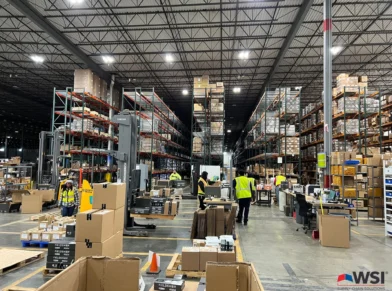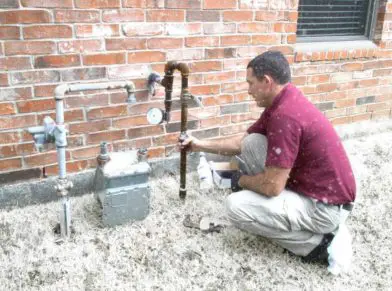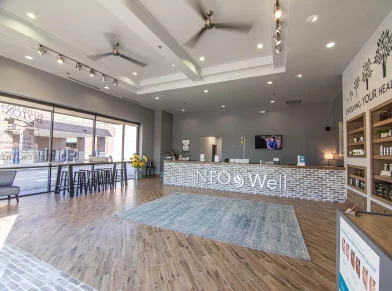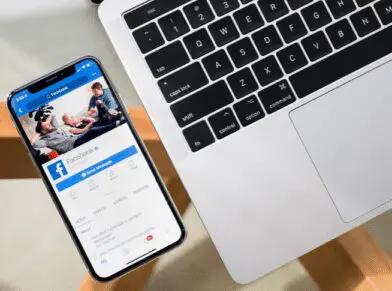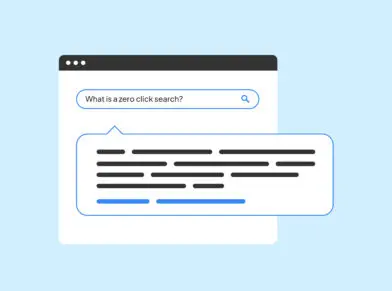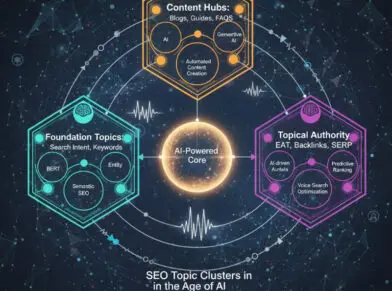LINK BUILDING IS DEAD
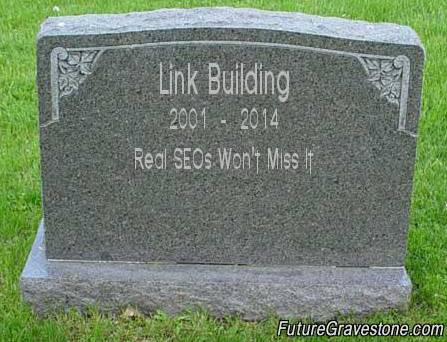
Yes, there, I said it. Link building is dead. Link building for SEO purposes started getting really sick when Danny Sullivan went on his rant about link building back in June 2012. Well, here we are now, almost two years later, and we now have official confirmation that link building is dead, from Duane Forrester of Bing:
You should never know in advance a link is coming, or where it’s coming from. If you do, that’s the wrong path.
If you are building links, doing link building in the “traditional”, old-style ala 2003 link building, then you’re doing it wrong. What Duane is saying is that if you ask for a link, and you know ahead of time that you are going to get a link on X site, then guess what? You’re not doing it the right way or in any that’s acceptable, according to Bing and, (I’m going out on a limb here) Google.
You should be earning your links, and not building links. Link Building is Dead.
It’s now link earning, not link building.
So how do you earn your links? One way would be to start focusing on being a content marketer. A content creator. Someone who is not doing old-style SEO, but doing Public Relations. Reach out to the media. Reach out to bloggers. Don’t worry about where your links will be placed, and don’t worry about whether or not those links are going to be “nofollow” links or not.
One reason I mentioned HARO last week and the low quality, inorganic, unnatural links that Google flagged during a reconsideration request last night, is that typically Help a Reporter Out is not a source of low quality, spammy links. It’s a source that allows you to connect with real reporters/journalists/media outlets who will mention you, your company, or even your client if there is a fit. They’re after information or quotes that they can use in real content. And that real content is where you want to be mentioned, not some fake, low quality article or blog post that no one will read.
So how could the search engine determine whether or not a link is natural, and organic? There certainly are several ways, and obviously Bing and Google have algorithms to deal with these sorts of things. When I say that they can tell, they can tell. But let’s speculate on one simple way:
If a link is added after-the-fact, meaning that the URL was crawled by the search engine and a link was not there, and suddenly appears in content at a later date and time (after the initial crawl from an initial discovery of the URL), then there is a chance that it’s an inorganic link. To be honest with you, as a blogger I typically don’t go back to older articles and place links. I may add internal links to other pages on the same site, but that’s different. If a link appears several months later in an older blog post, then why was it added? Most likely it’s an inorganic link.
The search engines could be counting URL mentions and brand mentions as “links”. I’m speculating, but what if the search engines are now counting brand mentions just as if they were a link and passing on some sort of value (not PageRank) but something else, let’s call it “BrandRank”. What if a brand mention in Forbes or on CNN.com was just as good as getting a link from one of those sites? It’s possible, and probable in the future if Google is going to put less value on links in the future.
So, now we have “official” confirmation that traditional link building is dead. Great. That only means that what I am doing to build brand awareness for clients, and what Globe Runner as an agency is doing, is right on track: we’re brand builders, content marketers, and that’s how we do SEO now.
Yep, link building is dead. RIP link building. I sure won’t miss it.
Bill Hartzer is Globe Runner’s Senior SEO Strategist. Connect with him on Google+ or on Twitter as Bhartzer.
